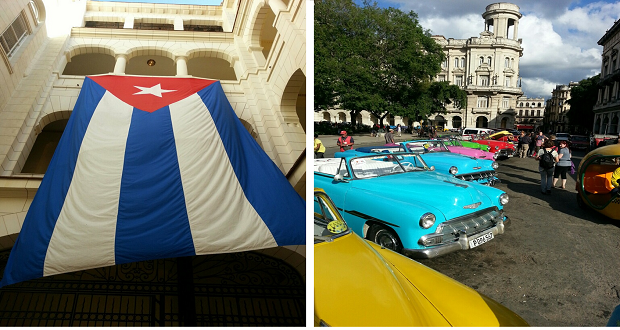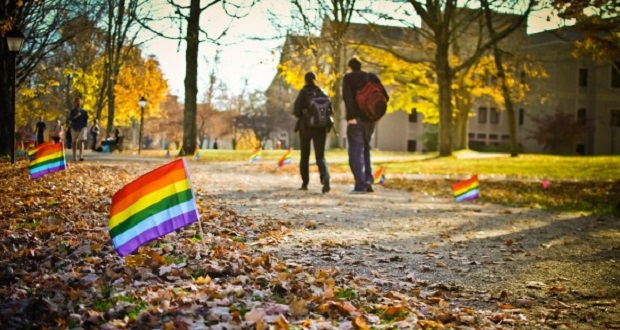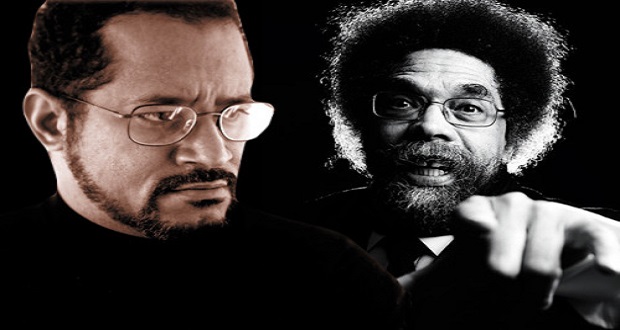
Photos courtesy of Travis Jones
Last week I wrote a post about my recent trip to Cuba where I shared some of my thoughts and highlights. I mentioned that Cuba’s culture challenged me in many ways—ones that I am still processing. I wanted to elaborate this week on a few of the ways that Cuba left a lasting impression on me.
I ended the last post with my hope that with all of the upcoming attention to Cuba that “conversation will include the faces and names of the people behind such detached concepts like socialism, capitalism, immigration, and communism.” As a sociologist and diversity consultant, I went to Cuba for more than the beautifully beaches, hand-rolled cigars, and fresh mojitos. I wanted to learn about a culture that was so different from my own—or so I thought. Cuba has virtually no Internet access in the entire country (although this is one of the points of interest in proposed changes). They are also one of the only remaining socialist countries in the world, with state-controlled incomes being a defining feature of their economy. These two differences alone are enough to peak the interest of any person interested in large-scale cultural differences. But these were facts I knew before I left. I really wanted to try to get a sense for how Cuban culture actually feels and is experienced by people in real life.
In my last post I highlighted the importance of understanding cultural ideals from the actual people living in them—from the “bottom-up—versus trusting in very broad terms that can be vague or take on a life of their own. Ideals like democracy, patriotism, socialism, and capitalism can represent different things for different people, and are much more complex when we think about them outside of a textbook, news broadcast, or classroom. The same goes for cultural stereotypes and cultural generalizations in diversity work. The former being largely based on hearsay and media and the former being grounded in actual experience. Several conversations come to mind when I think about my pursuit of a more complex, grounded understanding of Cuban culture.
One night, several other travelers and I talked with a family who were one of the fortunate few to have a government permit to start a small business hotel. The conversation turned towards their love for Cuba and the husband and wife vehemently expressed their support of the government and socialist ideals. After mentioning briefly that Cuba was not perfect, she looked me in the eyes and challenged me: “You can walk around all of Cuba for a week and you won’t find a single homeless person. Everyone has a place to rest their head at night!” And she was right, at least from my perspective, I did walk around Cuba for a week and I was never approached for money or saw anything similar to homelessness in other places I’ve been. I live in downtown Charlotte, NC and I couldn’t walk a block without seeing at least one person asking for money or sleeping on the street. I’m obviously not an expert on Cuba, so I can’t speak to actual demographics, but from my grassroots perspective her challenge seemed to hold some weight.
But later that day I was having a different conversation with some other friends and I shared this woman’s pro-Cuban comments and I received an entirely different response. With the same passion and intensity, these folks went on a similar tirade expressing their distrust of the government and their disdain for the economic disparities. This was, of course, after they asked me jokingly (I think) if was CIA. One girl went on to tell heart breaking stories of childhood memories of hunger, and watching her mother cry for fear that there would not be enough food to eat. She even told me about her favorite childhood toy, which said “Made in America” on the back and how she remembered praying to God that this “America” would come and save her and her family one day. Unlike the other family that celebrated the “equality” of Cuba, these folks interpreted the controlled salaries as stifling and unfair to people like doctors and lawyers who are trained specialist who make 20$ a month.
Lastly, I will never forget long conversations with my host Daisy, who was a former professional musician who had traveled all over Mexico and the US performing with her family. Unlike many Cubans, she had traveled widely, had family in the US and was well aware of differences in the quality of life. But in light of all of these experiences, she said that she still preferred her quiet, relaxed life in Cuba to the “rat race” of chasing money and possessions. She talked about the freedom she had to spend time with her children and grandchildren and how she no longer had the stress of having to make money—that she was content with her property and having just enough to live comfortably.
I share all of that to say that things like capitalism, socialism, democracy and communism are not always as neat and coherent when you dig into the actual experiences of people living in them. This is the danger of learning about countries through the news, and not from the people who live there—or from there. The day I landed a close friend expressed his opinion that the US should not improve our relations with Cuba because they have dictators that torture people. This may be true, but it was ironic that he said this the same week that the controversial CIA torture report was released. And Cubans who proudly told me about the equality of socialism didn’t mention that there still exists some class inequality—evident in “rich” neighborhoods and poorer ones—albeit to different degrees than the Western world. My point is not to take sides, but that the sides are almost never as clear as they appear. As I said at the beginning, my trip to Cuba has been challenging and unsettling. And as I said last week, I have not returned with better answers, but hopefully I am asking better questions.



















” I have not returned with better answers, but hopefully I am asking better questions.”
What a great perspective. Your article has caused me to think a little bit differently about this muddled up world with blurred lines at times. (You can break that down to single relationships too)
Thank you for that.